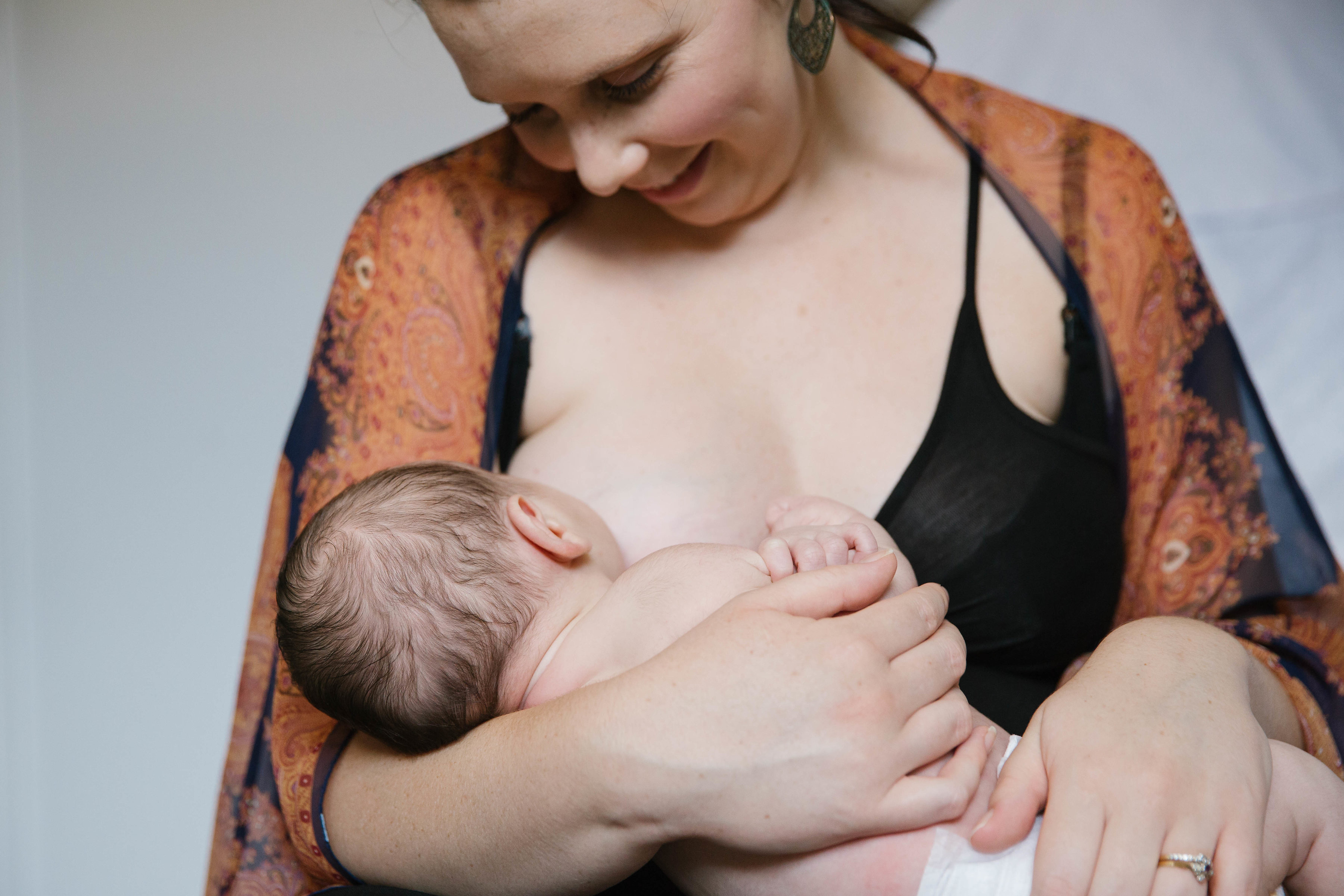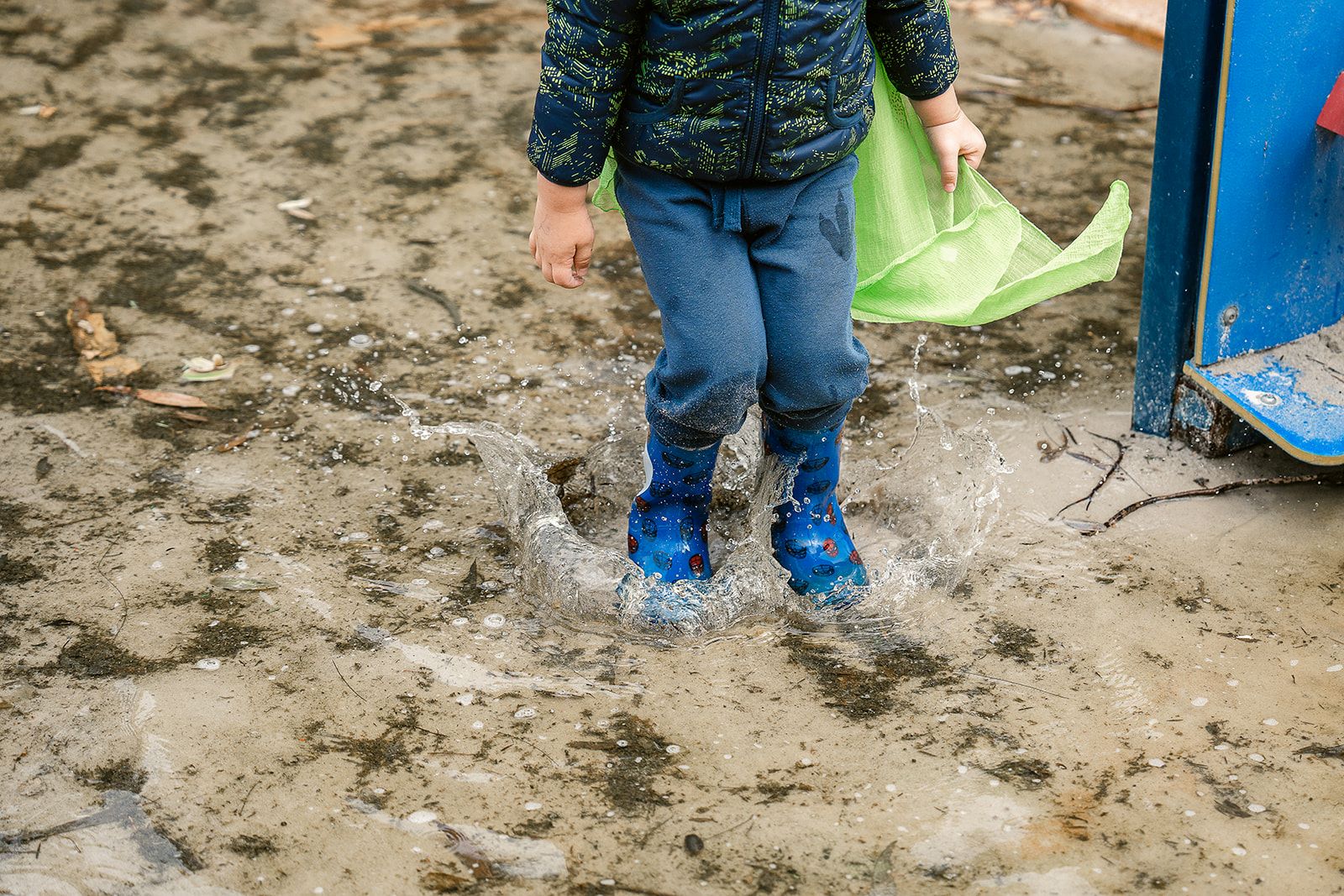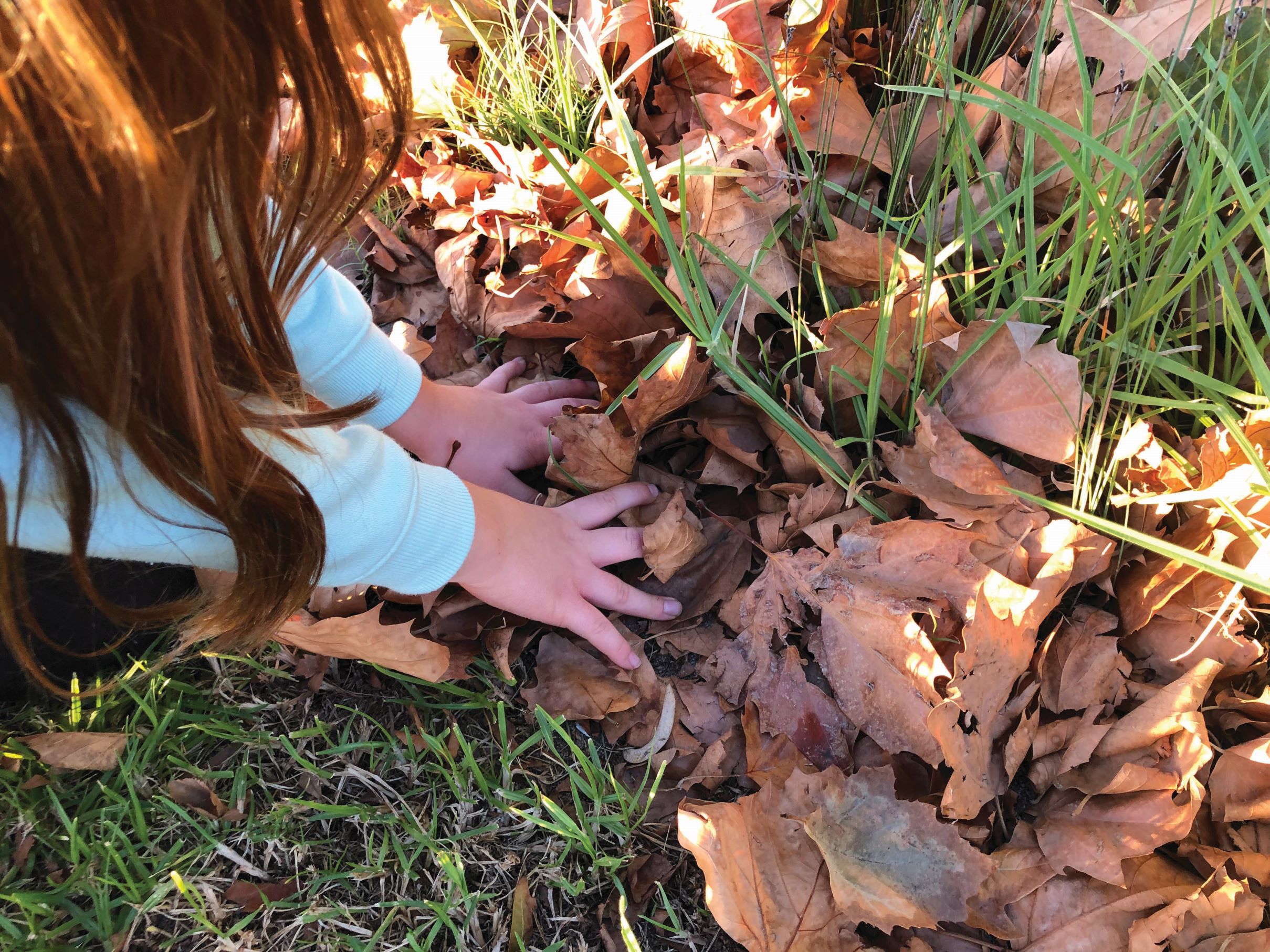Search

ORIGINS has sub-projects exploring the link between a mother's diet during pregnancy and health outcomes of the child. Projects also explore nutrition and eating habits during the early years.

Determining the associations of sun exposure in early life on the development of non-communicable diseases.

The Antenatal Colostrum Expression (ACE) Study aims to determine whether hand expressing of colostrum in the last few weeks of pregnancy can help new mothers to breastfeed.

Helping families to unlock the mental and physical health benefits of connecting with nature and community through outdoor play - easily, and locally.

An experimental study linked to the Mums Minds Matter project, which aims to determine if pregnant women's willingness to engage in online wellbeing programs varies across types.

Auto-immune diseases such as diabetes, rheumatoid arthritis, muscular dystrophy and multiple sclerosis are associated with dysfunction in the microbiome. You need a balance of healthy bugs in your microbiome to keep it on track.

At The Kids Research Institute Australia, we've been thinking of the kids for 35 years. We are finding the answers to some of the biggest problems facing the health and wellbeing of children and families. Our Research Themes host defined programs of work where the Institute has clear strengths and capacity. Our overarching commitment to First Nations Health and Equity is embedded across all our work and features as a core consideration in each Research Theme. The Institute is committed to ending the disparity in health and wellbeing outcomes between Aboriginal and non-Aboriginal kids and families.

The Kids Research Institute Australia’s Perioperative Medicine team is helping to change global and local practice by finding safer and gentler ways to both undertake surgery, and care for kids and families afterwards.

As a leading research site in Australia, the Wesfarmers Centre of Vaccines and Infectious Diseases played an instrumental role in the global effort to develop a world-first RSV immunisation for young babies.

Formative research undertaken by The Kids Research Institute Australia has helped inform tough new laws introduced by the Federal Government to reduce the harm caused by vapes.
